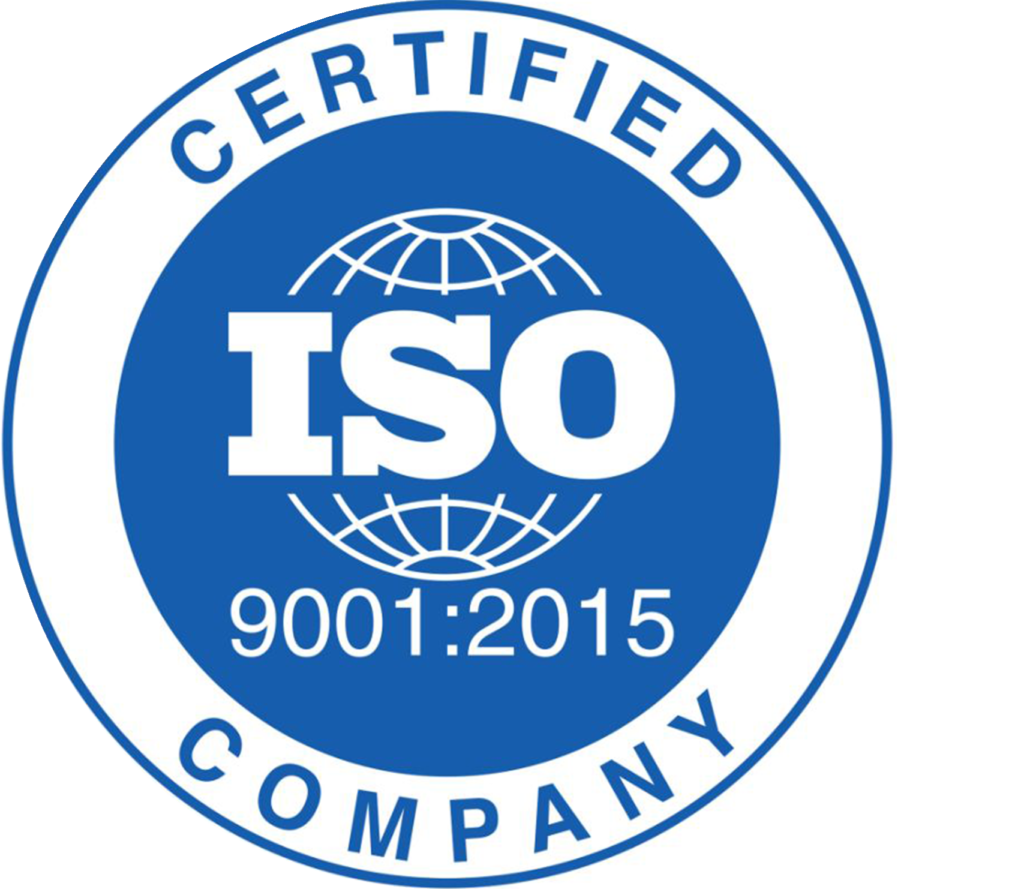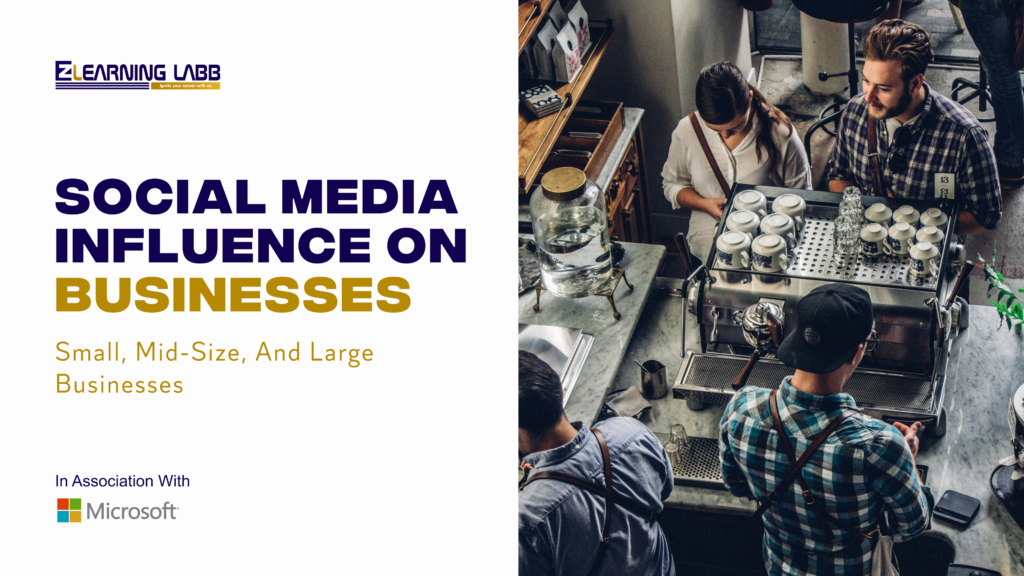In an age where connectivity knows no bounds, what is social media influence on business and how does social media impact branding is no brainer as social media has emerged as a powerhouse, revolutionizing the way we interact, communicate, and even do business.
This article delves into the undeniable Social Media Influence on Businesses, shedding light on its profound effects on both businesses and personal branding.
Social Media: Beyond the Selfies
Gone are the days when social media platforms were solely for sharing photos and updates. Today, they are dynamic landscapes that shape opinions, influence decisions, and foster connections.
So if you have a question in mind about social media influence on Businesses and individuals alike harness the potential of social media to reach wider audiences and leave lasting impressions.
Business Evolution Through Social Media
For businesses, social media is more than just a platform—it’s a strategic tool that can make or break success.
Companies leverage platforms like Facebook, Instagram, Twitter, and LinkedIn to create brand awareness, engage with customers, and drive sales. The power of targeted ads, viral campaigns, and interactive content cannot be underestimated.
If you are in doubt about what is the power of social media then Social media also offers valuable insights through analytics. Companies gain a deeper understanding of their audience’s preferences and behaviors, enabling them to tailor products and services to meet specific needs. Customer feedback is immediate and candid, allowing for real-time improvements and adjustments.
Personal Branding in the Digital Age
Beyond businesses, individuals are also riding the social media wave to establish personal brands. With platforms providing a stage for self-expression, creativity, and expertise, anyone can cultivate a distinct identity.
From influencers sharing lifestyle tips to professionals showcasing expertise, social media enables individuals to curate their image and connect with like-minded souls globally. So if you are still unaware that what is the impact and influence of social media in business then A strong personal brand can open doors to opportunities, collaborations, and even career advancements.
The Social Media Landscape: Opportunities and Challenges
While social media offers a multitude of benefits, it’s not without its challenges. The ease of sharing also raises concerns about privacy and data security. Algorithms that determine content visibility can lead to echo chambers and misinformation. It’s essential for users to navigate these waters with caution.
Exploring the Impact of Social Media on Different Types of Businesses
In the digital age, social media influence on businesses has emerged as a transformative force, reshaping the landscape for businesses of all kinds. From local startups to multinational corporations, the influence of social media spans across various industries. This article dives into the distinct ways social media impacts on businesses i.e different types of businesses, highlighting the opportunities and challenges that arise.
1. Retail and E-commerce
Social Media Impact: For retail and e-commerce businesses, social media influence on businesses is a virtual marketplace that facilitates direct engagement with customers. Platforms like Instagram and Facebook offer features like shoppable posts, enabling users to purchase products with a single tap. Social media amplifies product visibility, provides a platform for showcasing new arrivals, and offers personalized shopping experiences.
Opportunities: Retailers can harness user-generated content and influencer collaborations to build brand loyalty. Flash sales, limited-time offers, and giveaways can create a sense of urgency and drive sales.
Challenges: Intense competition demands creative content and consistent engagement. Customer reviews and feedback, whether positive or negative, have the potential to influence purchasing decisions on a global scale.
2. Hospitality and Travel
Social Media Impact: For the hospitality and travel industry, social media is a powerful tool for showcasing destinations, experiences, and accommodations. This statement I am sure will solve your query: how does social media impact branding like Visual platforms like Pinterest and TikTok enable businesses to evoke wanderlust and drive bookings. User-generated content from satisfied customers acts as authentic testimonials.
Opportunities: Influencer partnerships, behind-the-scenes content, and virtual tours can provide a sneak peek into what customers can expect. Engaging storytelling can evoke emotional connections, influencing travel choices.
Challenges: Negative reviews and experiences can spread quickly on social media, requiring prompt and genuine responses. Keeping up with the dynamic nature of travel trends and adjusting marketing strategies accordingly can be challenging.
3. Professional Services
Social Media Impact: Professional service providers such as lawyers, doctors, and consultants can utilize social media influence on businesses to establish credibility and connect with potential clients. Platforms like LinkedIn serve as virtual resumes, while informational content showcases expertise.
Opportunities: Regular blog posts, webinars, and thought leadership content can position professionals as industry authorities. Networking opportunities and client referrals can arise from engaging with relevant groups and communities.
Challenges: Balancing professionalism with relatability can be tricky. Content must be informative yet accessible, addressing common questions and concerns.
4. Food and Beverage
Social Media Impact: The food and beverage industry thrives on visual appeal, making platforms like Instagram and TikTok ideal for showcasing delectable creations. This easily depicts what is the power of social media.User-generated content from diners can act as a powerful form of advertisement.
Opportunities: Social media enables the exploration of diverse culinary trends and experiments. Interactive features like polls and quizzes can engage the audience in decision-making.
Challenges: Negative reviews and feedback can impact reputation significantly. Maintaining consistent quality while accommodating the demands of social media marketing can be demanding.
5. Tech and Software
Social Media Impact: The tech and software sector can use social media to introduce new products, demonstrate features, and provide customer support. Platforms like Twitter and LinkedIn are hubs for tech discussions and professional networking.
Opportunities: Social media platforms provide a space for unveiling product updates and new releases. Engagement with tech enthusiasts and industry experts can foster innovation and collaboration.
Challenges: Keeping up with fast-paced technological advancements and addressing customer queries in real-time can be challenging. Navigating the technical jargon for a broader audience requires clear communication.
The Impact of Social Media on Businesses of Different Sizes: Small, Mid-size, and Large
In the digital age, social media has proven to be a game-changer for businesses of all sizes, offering a level playing field to engage with customers, build brand presence, and drive growth.
However,what is the power of social media can vary depending on the size of the business.
This article delves into the distinct impacts of social media on small, mid-size, and large businesses, highlighting how each segment leverages this dynamic tool.
Small Businesses
Social Media Impact: For small businesses, social media is a cost-effective platform to gain visibility, connect with local communities, and establish a unique brand identity. Platforms like Facebook, Instagram, and Twitter allow small businesses to engage with potential customers on a personal level, fostering a loyal customer base.
Opportunities: Social media levels the playing field, enabling small businesses to compete with larger counterparts. Creative content, targeted advertising, and community engagement can drive local foot traffic and online sales.
Challenges: Limited resources may pose challenges in maintaining consistent content creation and engagement. Standing out amidst the noise and building a dedicated following require strategic planning.
Mid-size Businesses
Social Media Impact: Mid-size businesses benefit from social media’s ability to amplify brand recognition and reach a broader audience. Social platforms serve as conduits for showcasing products, sharing success stories, and establishing thought leadership in the industry.
Opportunities: Social media facilitates engagement with a growing customer base while allowing for more dynamic content strategies. Interactive features, such as polls and contests, can deepen customer relationships.
Challenges: Striking a balance between personalized engagement and scaling operations can be challenging. Ensuring consistent messaging across various platforms and maintaining a unified brand voice are essential.
Large Businesses
Social Media Impact: For large businesses, social media presents an opportunity to strengthen brand authority, enhance customer experience, and tap into a global audience. Large corporations can leverage social media influence on businesses for customer service, crisis management, and launching new initiatives.
Opportunities: Social media offers a platform for large businesses to showcase corporate social responsibility efforts, highlight executive thought leadership, and foster innovation through community engagement.
Challenges: Managing a vast online presence across different platforms and regions requires streamlined coordination. Maintaining an authentic and relatable tone while adhering to corporate guidelines is crucial.
Common Benefits Across Business Sizes
Customer Engagement: Social media enables direct interaction with customers, fostering meaningful relationships and enhancing customer satisfaction across all business sizes.
Data-driven Insights: From small to large businesses, social media provides valuable data analytics that inform marketing strategies and identify customer preferences.
Brand Building: Social platforms serve as digital storefronts, enabling businesses of all sizes to craft and communicate their brand story effectively.
FAQs
Q: How does social media benefit small businesses?
A: Social media levels the playing field for small businesses, providing cost-effective marketing, brand exposure, and direct customer engagement.
Q: Can personal branding on social media lead to career growth?
A: Absolutely. A strong personal brand can attract opportunities, collaborations, and industry recognition, ultimately influencing career growth.
Q: What challenges do businesses face on social media?
A: Businesses must navigate privacy concerns, algorithm changes, and competition for user attention. Maintaining authenticity and standing out in a crowded digital space can also be challenging.
Q: How can individuals build a successful personal brand on social media?
A: Consistency, authenticity, valuable content, and engagement are key. Sharing expertise, passions, and unique perspectives can help individuals create a strong online presence.
Conclusion
Social media influence on businesses and personal branding is undeniable.
As businesses leverage its potential to connect with consumers, and individuals cultivate their unique identities, the digital landscape continues to evolve.
While challenges exist, the opportunities for growth, engagement, and meaningful connections make social media an integral part of our lives—one that shows no signs of slowing down.





